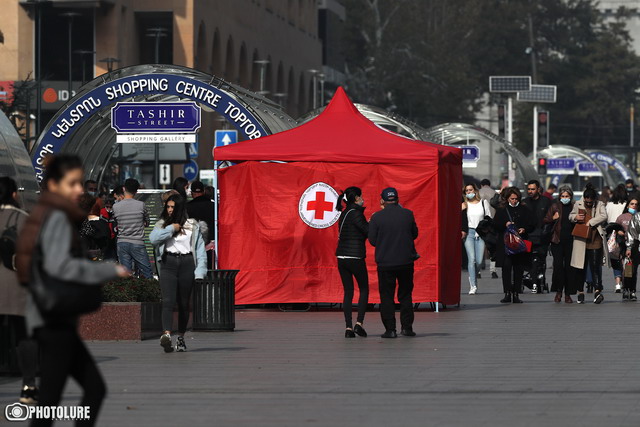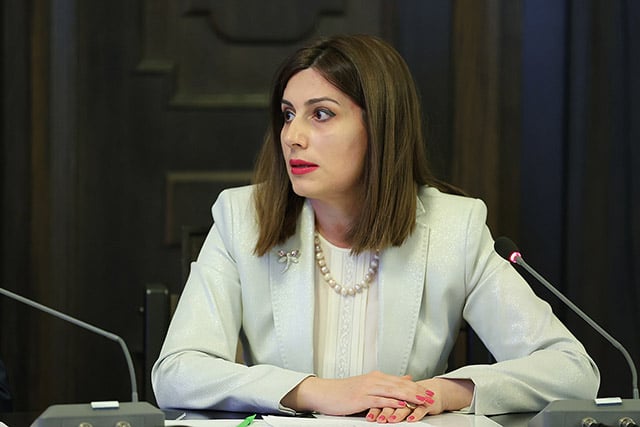“Why doesn’t this nation unite?” People often ask me this rhetorical question, especially the older generation. And, as it usually happens, they themselves answer the question without waiting for me to express my views. “Because,” they say, “we have a hundred parties, as well as more than 100 deputies. Does this small nation need so many deputies or parties?” It seems to me, however, that my interlocutors are talking about the consequences, not the causes. One of the students of Socrates, when he saw the teacher for the last time, was upset, “The saddest thing is that you were sentenced to death unjustly.” To which Socrates responded, “Would you be very happy if I was justly condemned?” Modifying that idea a little, I want to ask whether the nation would be united if we had, say, 5 parties or 40 deputies. I strongly doubt it. The reason for the division of the society is not the number of political currents, especially since, as a rule, they have nothing to do with politics. The problem with societies like ours is the low level of trust in each other.
Russian economist Aleksander Auzan has a wonderful series of lectures on the interconnectedness of the economy and culture, and in particular on how a high level of trust (not only in government but also among citizens) contributes to economic progress. According to that, Swedes trust each other the most – 63% think that people can be trusted in general. Is it any wonder that the country not only has high economic indicators, but also tangible success in the fight against the pandemic without lockdowns and tough restrictions?
Mutual trust and power are different things. The latter is a unique, modern phenomenon. For example, in Armenia now it is enough to show Kocharyan’s scarecrow, and the majority of citizens will shout “oh, if only not him” (myself included). But it has nothing to do with the atmosphere of real trust. By the way, there were sprouts of such an atmosphere in the last decade. They were seen during the civil movements and, of course, during the 2018 revolution. But the government did everything to get rid of those sprouts, and why it was done is a separate conversation.
Currently, 50 people die every day in Armenia from “COVID.” It seems that it is the right time to unite against the so-called “king virus,” regardless of political views and regardless of likes or dislikes. But go out and ask people for their opinion without cameras. Rest assured that most of them do not believe in official figures, the need for vaccinations, or the effectiveness of government measures. In that case, the mistrust is simply catastrophic.
Read also
Aram Abrahamyan
























































